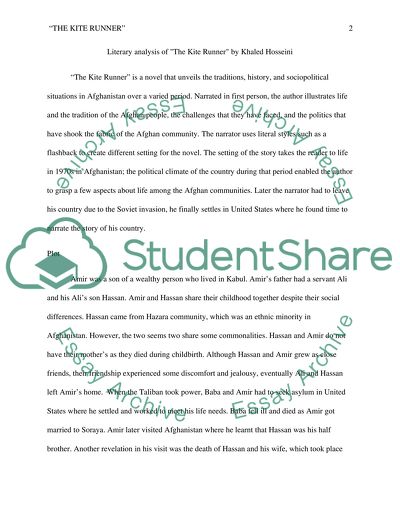Cite this document
(“Literary Analysis of The Kite Runner by Khaled Hosseini Essay”, n.d.)
Retrieved from https://studentshare.org/literature/1453349-literary-analysis-of-the-kite-runner-by-khaled
Retrieved from https://studentshare.org/literature/1453349-literary-analysis-of-the-kite-runner-by-khaled
(Literary Analysis of The Kite Runner by Khaled Hosseini Essay)
https://studentshare.org/literature/1453349-literary-analysis-of-the-kite-runner-by-khaled.
https://studentshare.org/literature/1453349-literary-analysis-of-the-kite-runner-by-khaled.
“Literary Analysis of The Kite Runner by Khaled Hosseini Essay”, n.d. https://studentshare.org/literature/1453349-literary-analysis-of-the-kite-runner-by-khaled.


